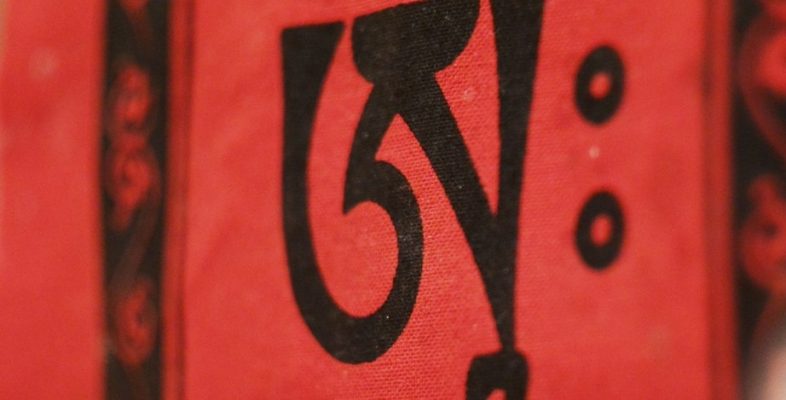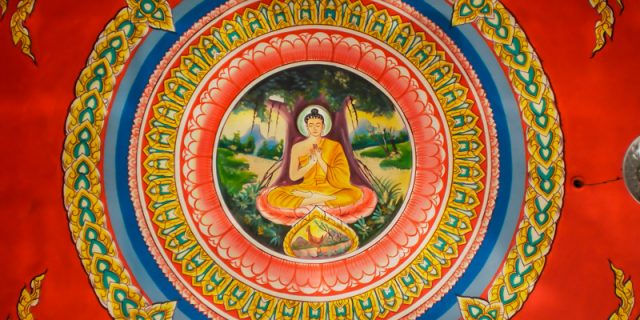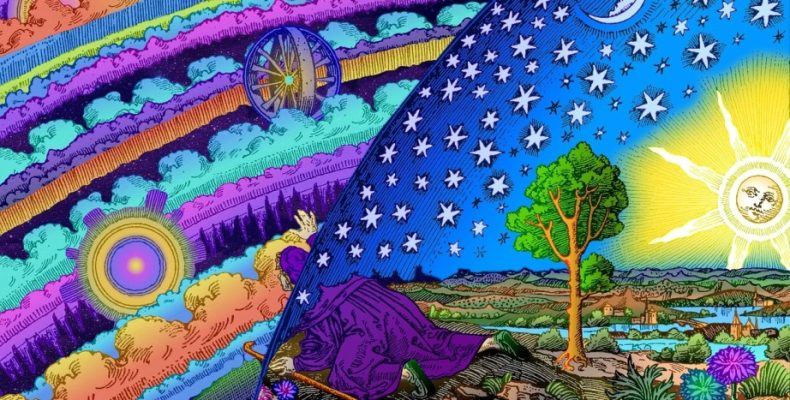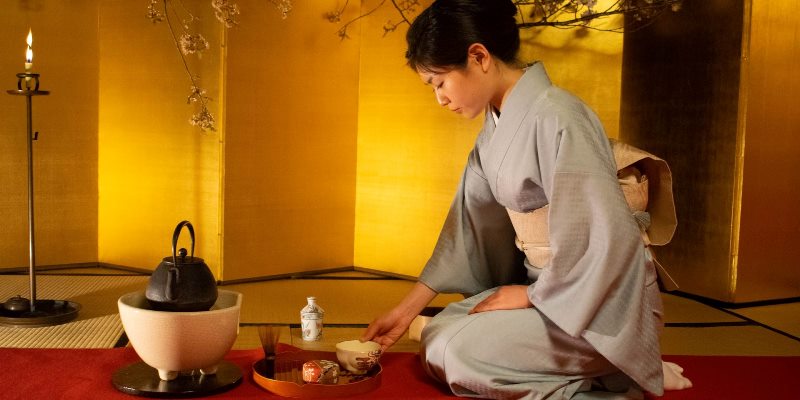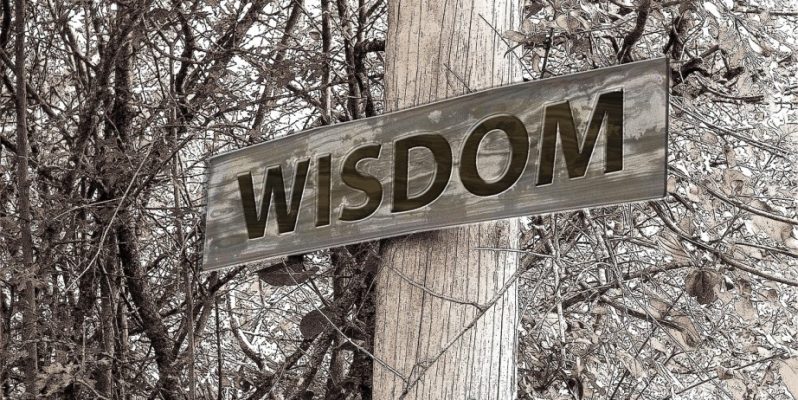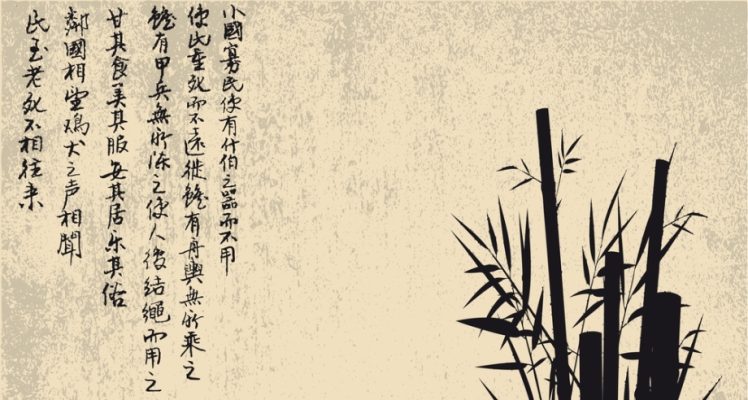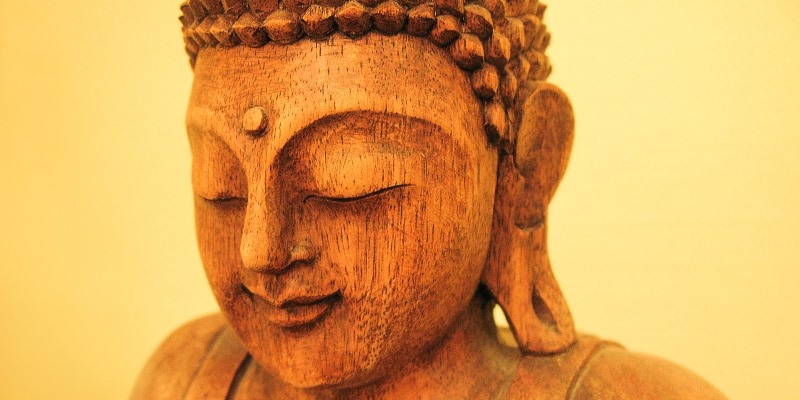
Huang Po — also known as Huangbo or Ōbaku — was a Buddhist teacher, an exponent of Chan or Zen Buddhism, living in the 9th century in China.
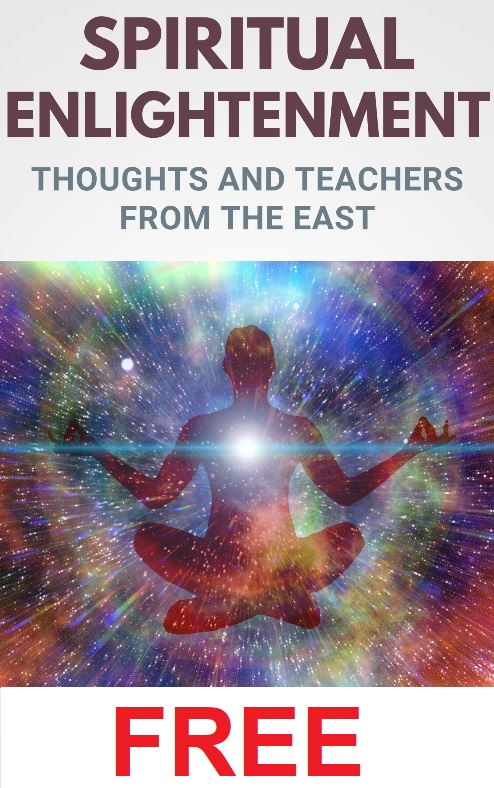
He adhered to so-called sudden insight principles and what’s more, he exerted a strict non-dual approach to “obtaining” Enlightenment. His teachings are recorded in the exquisite book On the Transmission of Mind.
Chan Buddhist Master Huang Po (Ōbaku) was also the spiritual father of two of the three important Zen lineages in Japan, that is, of the Ōbaku Zen School and the Rinzai Zen School.
In fact, the Chinese Zen Master Rinzai (Lin-chi or Linji Yixuan in Chinese, but Rinzai in Japanese) was a disciple of Huang Po and the spiritual father of the Japanese Rinzai Lineage. The Obaku Zen lineage in Japan is strongly related to the Japanese Rinzai School, because it was established by Chinese disciples of the Chinese Linji Yixuan (Rinzai) School.
In any case, to Huang Po, “… there is nothing to be attained or a single action to be performed.” He taught that mind cannot be sought by the mind, just like the eyes cannot see themselves, and the ears cannot hear themselves.
Moreover, there is nothing to be found, because what one is looking for is already obtained: “All Buddhas and all conscious beings are nothing but the One Mind, beside which nothing exists. The One Mind alone is the Buddha, and there is no distinction between the Buddha and sentient beings.”

His non-duality approach is perfectly expressed by the following: “… If you would only rid yourselves of the concepts of ordinary and Enlightened, you would find that there is no other Buddha than the Buddha in your own Mind. The arising and the elimination of illusion are both illusory. Illusion is not something rooted in Reality; it exists because of your dualistic thinking. If you will only cease to indulge in opposed concepts such as ‘ordinary’ and ‘Enlightened,’ illusion will cease of itself.”
It’s also interesting to see what he thought about seeking, the search, and a path or roadmap to Spiritual Enlightenment: “Sentient beings are attached to forms and so seek externally for Buddha-hood. By their very seeking they lose it. […] Studying the Way is just a figure of speech […] In fact, the Way is not something that can be studied. You must not allow this name to lead you into forming a mental concept of a road.”





